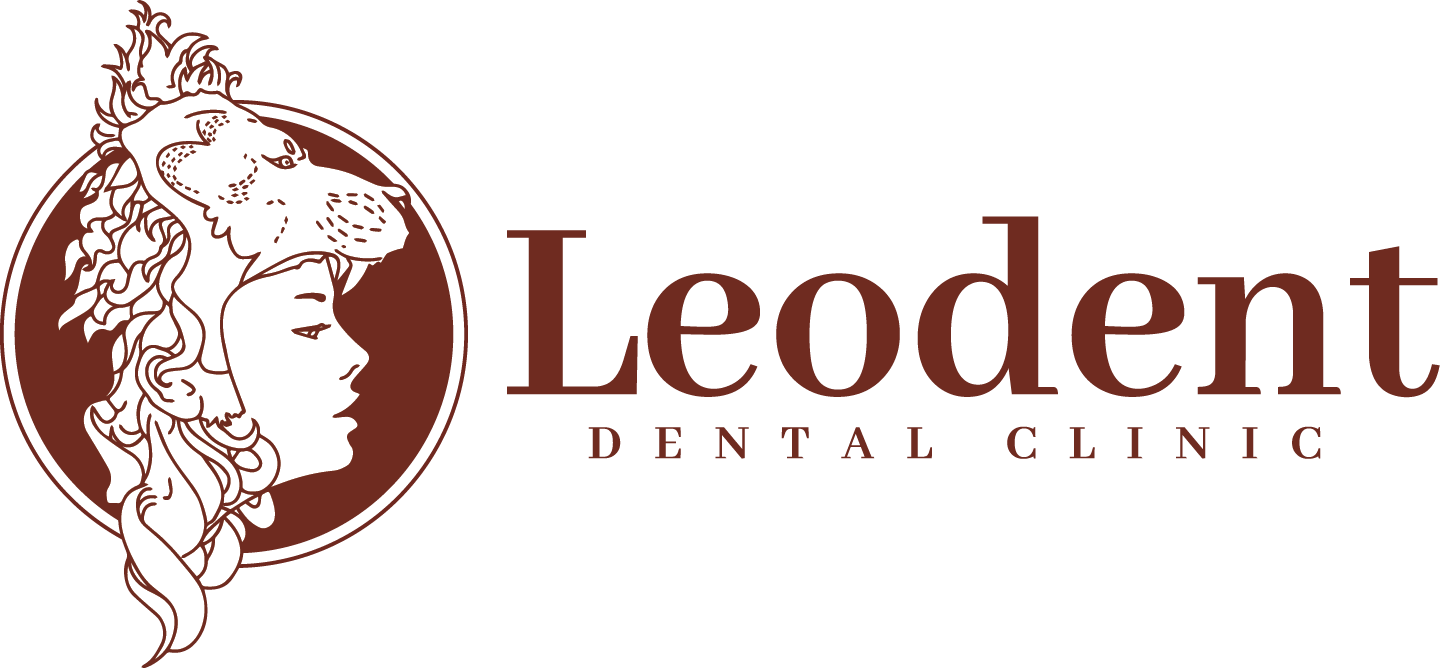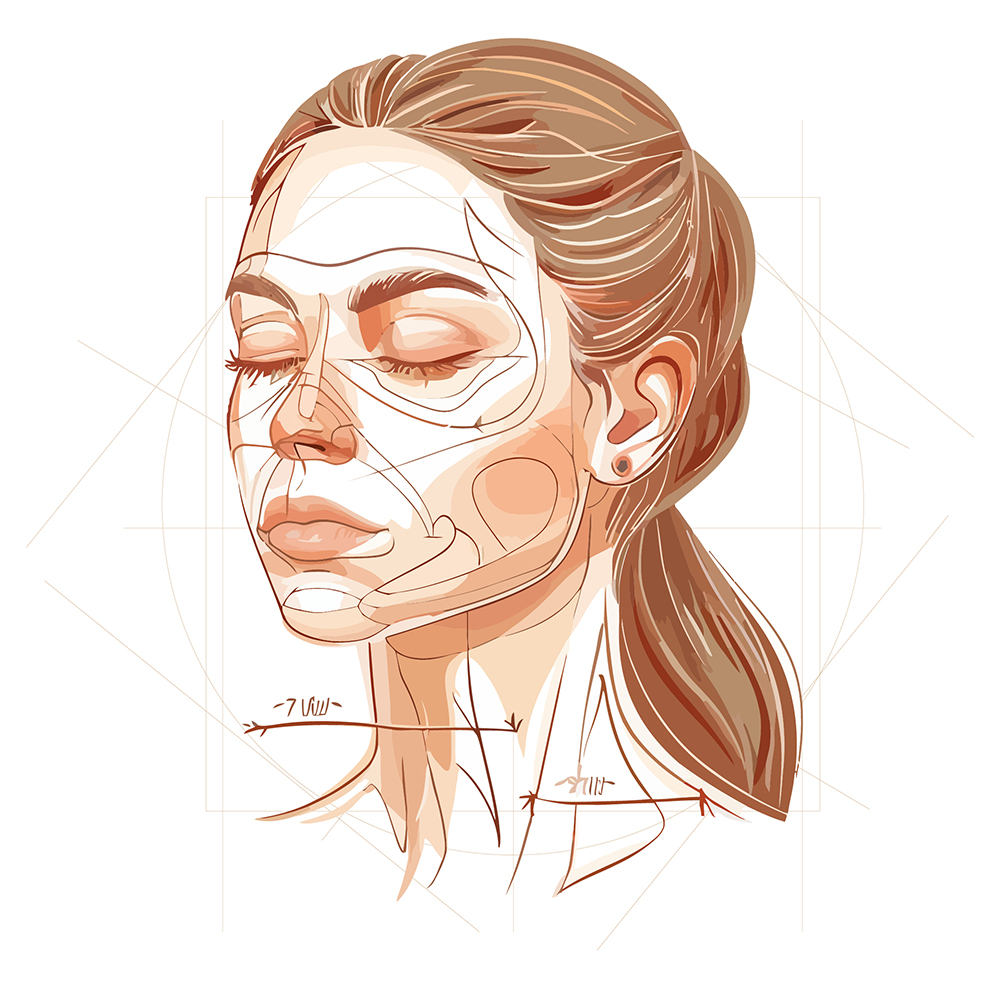Oral Cancer Surgery
Oral cancers are rare but serious health issues that require early diagnosis and treatment. These types of cancer can start in the mouth, on the tongue, gums, palate, or throat. Generally, detecting these cancers before they advance is a critical step for successful treatment. Any abnormal lesions, sores, or tissue changes in the mouth should be carefully monitored, and professional help should be sought if necessary.
In the diagnosis of oral cancer, the first stage is a clinical examination. After suspicious areas are identified, a tissue sample is taken via biopsy and sent for pathological examination. Surgical removal of lesions detected in the early stage is a significant determinant of treatment success. Accurate diagnosis and early intervention are of great importance in this process.
During the surgical treatment process, patients are evaluated by experienced and expert physicians in oral and maxillofacial surgery. Furthermore, advanced imaging methods like 3D tomography and laser technologies help perform the surgery most efficiently. These technological devices enable a clear view of the tumor’s size, extent of spread, and its effect on surrounding tissues. This allows for a more precise and effective surgical procedure.
After surgical intervention, patients may experience functional and aesthetic losses. Especially after surgical procedures in the mouth and jaw areas, functional impairments such as speech, swallowing, and chewing may occur. To minimize these problems, maxillofacial prostheses and epitheses are applied. These prostheses are specially designed to meet the patient’s aesthetic and functional needs, offering personalized solutions.
Following oral cancer surgery, all tissue samples are sent to the pathology department for detailed examination. These examinations provide precise information about the type and stage of cancer and are decisive in guiding the treatment process. Dentists’ role in this process is to guide the patient correctly and ensure all necessary procedures are carried out. Therefore, dentists are important guides in cancer treatment.
In oral cancer treatment, early diagnosis and correct surgical intervention are the most important factors that improve the quality of life and reduce the likelihood of disease recurrence. In this process, patients should be regularly followed up, and treatment compliance should be maintained. As Dentway, we offer our patients a comprehensive treatment process to help them overcome this challenging period in the best possible way.
Oral cancer surgery is a medical intervention to remove cancerous tissues in the oral cavity. This surgery may vary depending on the size, location and spread of the tumour.
When oral cancer is diagnosed and the tumour can be surgically removed, surgery is usually considered as the first treatment option.
The recovery period depends on the extent of the surgery. While recovery may take a few weeks for minor interventions, it may take longer for more extensive surgeries. Pain management, infection prevention and nutritional support are important during the recovery process.
Yes, there may be temporary or permanent changes in speech and swallowing functions, especially after surgery on the tongue, jaw or throat. Rehabilitation can help to regain these functions.
Some surgical interventions may cause changes in facial or oral structure. In these cases, aesthetic and functional improvements can be made with reconstructive surgery or prosthesis applications.
Yes, there is a risk of cancer recurrence. Therefore, regular follow-up and controls are important. Lifestyle changes after treatment and compliance with the doctor’s recommendations can reduce the risk of recurrence.
In addition to surgery or as an alternative to surgery, radiotherapy, chemotherapy and targeted therapies can be applied. The treatment plan is determined according to the stage of the disease and the general health status of the patient.
Postoperative nutrition should be planned to support wound healing. Soft, easily chewed and swallowed foods are preferred. Nutritional support can be provided if necessary.


